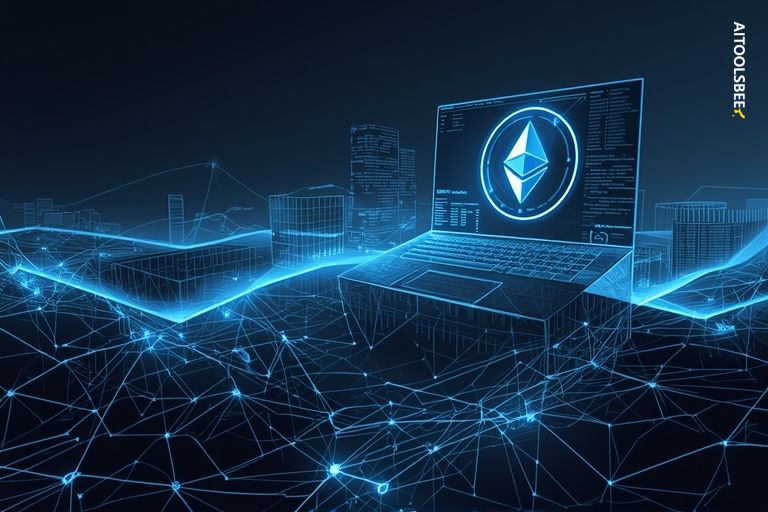
Strengthening Cybersecurity Against North Korean Digital Threats
North Korea's cyber operations have evolved into a financially motivated threat that endangers global markets and undermines international sanctions. In February 2025, the infamous Lazarus Group breached Bybit, the second-largest cryptocurrency exchange, stealing $1.5 billion in digital assets. This incident underscores North Korea's theft of $1.34 billion in cryptocurrency in 2024 alone, funding its nuclear and missile programs while circumventing sanctions.
North Korea's alliances with Russian ransomware groups and strategies to exploit countries like Cambodia for money laundering have created a broad threat ecosystem. The Comprehensive Strategic Partnership Treaty with Russia in November 2024 strengthened collaborative cyber operations and mutual cybersecurity efforts. This evolution increases the potential for North Korea to destabilize critical infrastructure, financial systems, and supply chains.
To counter these threats, the U.S., South Korea, and Japan are pursuing trilateral cooperation infused with AI-driven innovations. In August 2025, a forum in Tokyo convened 130 tech firms to address North Korean IT worker schemes. The U.S. Treasury has imposed sanctions on networks linked to these operations, while the U.S. and Japan are enhancing cooperation around AI and secure cloud services.
AI-driven threat detection has become a crucial front in this battle. U.S. cybersecurity firms are using machine learning algorithms to detect anomalies and neutralize threats before they escalate. South Korea's revised National Cybersecurity Strategy prioritizes AI and international collaboration, while Japan's Active Cyber Defense Bill addresses deficiencies in offensive capabilities.
Regulatory landscapes are adapting to these threats. South Korea's AI Basic Act (2026) introduces mandatory impact assessments for high-risk AI systems, ensuring transparency in AI-enhanced security measures. The U.S. AI Action Plan emphasizes deregulation and open-source methodologies, while Japan adopts a light-touch approach encouraging voluntary compliance and sector-specific guidance.
These frameworks create a fertile environment for investors to engage with AI-driven cybersecurity solutions. North Korea's cyber operations serve as a geopolitical tool to resist sanctions and further military aspirations. While the U.S.-ROK-Japan trilateral alliance provides stability, the private sector must bridge gaps in innovation and resilience.

